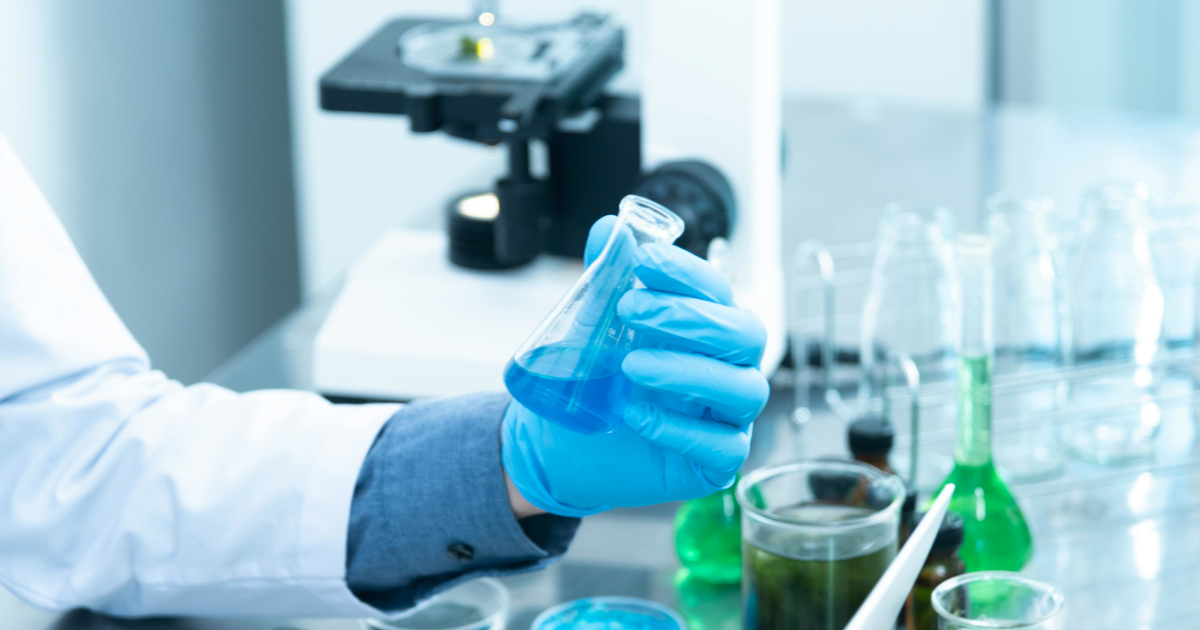Skin Organoids Offer Promising Solution for Scarless Frostbite Healing

Summary
Full Article
Researchers have unveiled a novel approach to treating frostbite that could revolutionize wound healing by preventing scarring and restoring normal skin function. A study published in Protein & Cell demonstrates the potential of human-induced pluripotent stem cell (hiPSC)-derived skin organoids to dramatically improve frostbite treatment outcomes.
The research addresses a significant medical challenge: frostbite injuries often result in prolonged recovery, chronic pain, and permanent tissue damage. Current therapies have limited effectiveness in preventing scarring and addressing underlying cellular damage. The new technique involves transplanting engineered skin organoids combined with gelatin-hydrogel into frostbite-injured areas.
Key findings reveal that these skin organoids can accelerate wound healing through multiple mechanisms. In early stages, they mitigate inflammation by reducing inflammatory cytokines and promoting epidermal stem cell proliferation. During later healing stages, the organoids regulate cellular pathways that prevent abnormal scar formation by remodeling the extracellular matrix.
The study's significance extends beyond frostbite treatment. Dr. Ling Leng, a corresponding author, emphasized that this approach opens new possibilities for treating complex wounds and potentially addressing long-term complications associated with severe skin injuries.
By successfully demonstrating the ability to restore physiological skin structure without scarring, this research represents a major advancement in regenerative medicine. Future investigations will focus on optimizing skin organoid transplantation techniques and exploring applications for other complex skin conditions like burns and chronic wounds.

This story is based on an article that was registered on the blockchain. The original source content used for this article is located at 24-7 Press Release
Article Control ID: 43056